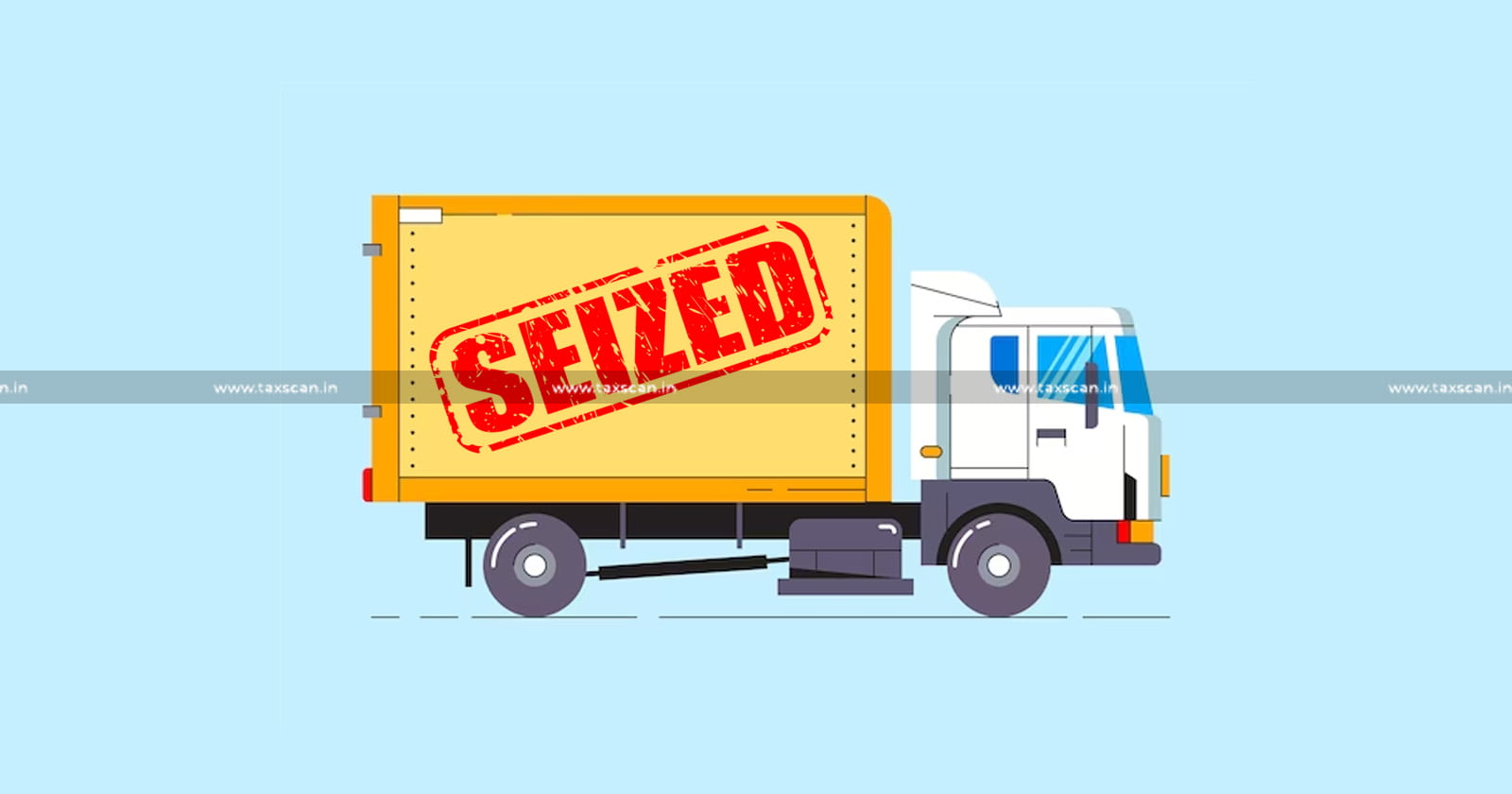Driver cannot be held Owner of Seized Goods if Invoice Accompanies Goods Consignment: Allahabad HC [Read Order]
The bench noted that no discrepancies were found during the physical verification of the goods. It stated that the authorities were bound by the aforementioned circular, which has not been rescinded or superseded

Allahabad High Court – Seized Goods – Allahabad High Court on seized goods ownership – taxscan
Allahabad High Court – Seized Goods – Allahabad High Court on seized goods ownership – taxscan
The Allahabad High Court quashed an order issued in the name of a driver concerning the ownership of seized goods during transit. The Court clarified that when goods are accompanied by valid invoices or specified documents, the consignor or consignee must be treated as the owner of the goods.
The dispute is about a stock transfer of goods from the petitioner's Orissa branch to Kanpur, Uttar Pradesh. The goods were intercepted during transit, and discrepancies were noted in the e-way bill, which mistakenly mentioned the delivery location as Ghaziabad instead of Kanpur. Despite this, the accompanying e-invoices and other requisite documents were found to be valid.
Take Your SME to the Next Level with IPO Insights - Click here to Register
The petitioner, M/s Vishva Electrotech Ltd argued that the detention and subsequent order issued against the driver were contrary to the Government Circular dated December 31, 2018, which explicitly states that if valid invoices or specified documents accompany the goods, either the consignor or the consignee should be deemed the owner.
The petitioner, being both the consignor and consignee in this case, should have been recognized as the owner of the goods.
The bench of Justice Piyush Agarwal noted that no discrepancies were found during the physical verification of the goods. It stated that the authorities were bound by the aforementioned circular, which has not been rescinded or superseded.
The point 6 of the circular is as follows:
“Who will be considered as the ‘owner of the goods’ for the purposes of Section 129 (1) of the CGST Act?
It is hereby clarified that if the invoice or any other specified document is accompanying the consignment of goods, then either the consignor or the consignee should be deemed to be the owner. If the invoice or any other specified document is not accompanying the consignment of goods, then in such cases, the proper officer should determine who should be declared as the owner of the goods.”
Take Your SME to the Next Level with IPO Insights - Click here to Register
Relying on the precedent set in M/s Riya Traders v. State of U.P. and the Supreme Court's judgment in Union of India v. Arviva Industries (I) Ltd., the Court reiterated that circulars are binding on authorities.
Thus, the Court ruled in favor of the petitioner, stating that the impugned orders against the driver were unsustainable. It directed the authorities to recognize the petitioner as the owner of the goods and to pass a fresh order within ten days, in accordance with the circular and applicable legal precedents.
To Read the full text of the Order CLICK HERE
Support our journalism by subscribing to Taxscan premium. Follow us on Telegram for quick updates


